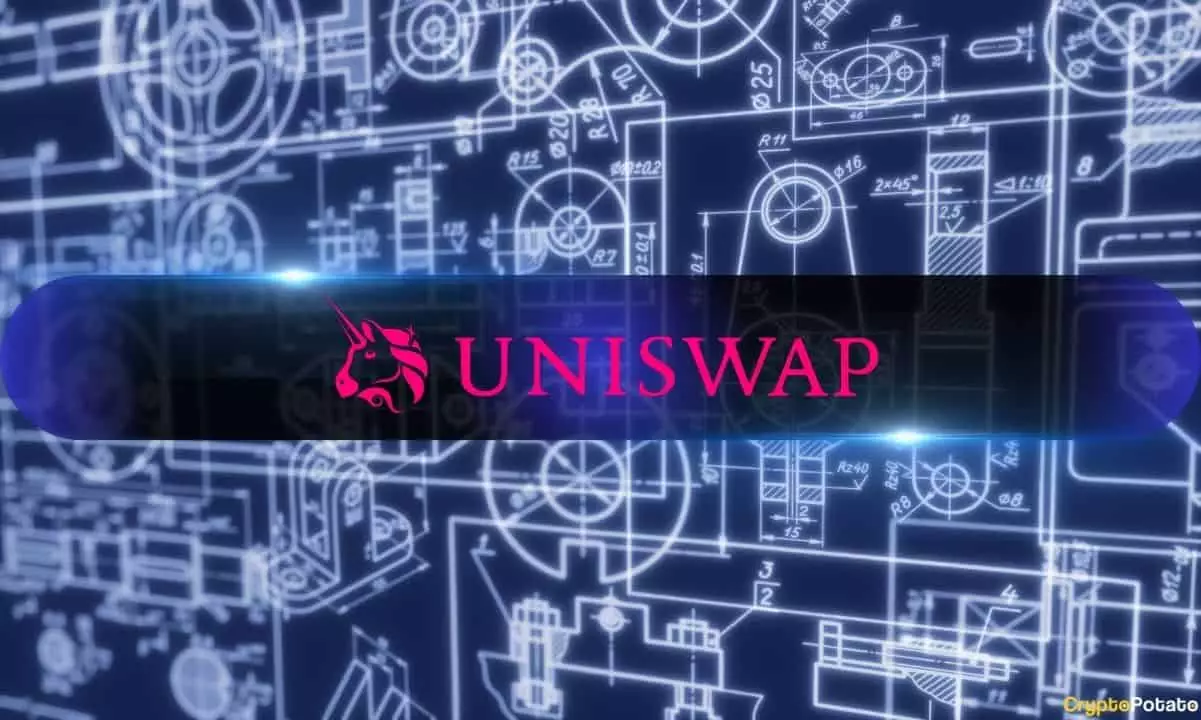On February 11, 2023, Uniswap made a significant announcement with the launch of Unichain, its own Ethereum layer-2 solution. This move marks Uniswap’s ambitious entry into the burgeoning landscape of layer-2 (L2) platforms that aim to enhance the Ethereum network’s capabilities. By introducing Unichain, Uniswap aims to provide users with a more efficient and user-friendly system for executing transactions, swapping tokens, and offering liquidity. The platform claims to boost transaction speeds and reduce costs, which could revolutionize how decentralized finance (DeFi) is experienced on Ethereum.
Unichain is designed to substantially improve the performance parameters of DeFi applications. The platform boasts one-second block times with an ambitious target of reducing latency to as low as 250 milliseconds. This speed enhancement is crucial for DeFi users, as timely transactions can often mean the difference between profit and loss in volatile markets. Another noteworthy feature of Unichain is the impressive statistic revealed by its testnet results: users and developers have already executed over 88 million test transactions and deployed 12 million smart contracts since its testnet went live in October.
Hayden Adams, the founder and CEO of Uniswap Labs, highlights the innovative foundation of Unichain, emphasizing a focus on decentralization, affordability, and speed right from the outset. Unlike many L2 solutions that operate under restricted conditions, Unichain is designed to be a permissionless platform, enabling an open and inclusive environment right from day one. This is particularly significant as many users shy away from platforms perceived as centralized or opaque.
One of the standout features of Unichain is its pricing strategy. In the initial months post-launch, users will not incur interface fees for swaps, enabling a more attractive exchange environment. Additionally, the platform integrates with USDC through Circle, further enhancing its appeal by allowing seamless and stable transactions. Unichain claims to reduce gas fees by approximately 95% compared to Ethereum, which addresses one of the most pressing concerns for DeFi players: prohibitive transaction costs.
Moreover, Unichain provides essential services such as token launching, lending, borrowing, and cross-chain trading via the ERC-7683 standard. By focusing on these functionalities, the platform not only addresses the needs of traders and liquidity providers but also developers looking to create new DeFi applications.
From its inception, Unichain has prioritized decentralization. The platform has announced plans to implement a Validation Network, expected to be introduced later this year, which will facilitate public block verification. This commitment to decentralization is crucial in an industry often grappling with concerns about trust and accountability. By selecting to launch as a Stage 1 rollup, Unichain aims to set a precedent in the layer-2 sector for other projects to follow.
Despite its robust features and backing from the world’s largest DEX, Unichain enters a fiercely competitive layer-2 ecosystem. Platforms like Arbitrum One and Base dominate the market, with Arbitrum commanding a significant portion of the total value locked (TVL) in L2 solutions. According to L2beat, as of the time of writing, Arbitrum holds $13.7 billion in TVL, equating to a 38% market share, with Base close behind at 32% and OP Mainnet holding a 14% share.
Unichain will have to carve out a niche amid approximately 60 rollup-based layer-2 networks currently operational. However, its affiliation with Uniswap could provide it with a unique edge given the considerable user base and recognition of the Uniswap brand.
In terms of market performance, Uniswap’s native token, UNI, did not see a favorable reaction following the announcement of Unichain. The token experienced a decline of approximately 6%, falling from an intraday high of $10 to around $9.40, which reflects a broader trend impacting DeFi-related assets. The price of UNI has been under significant pressure, showing a decrease of 30% over the past month and plummeting nearly 80% from its all-time high of just under $45 in May 2021.
As Uniswap navigates through this challenging market environment, the success of Unichain will largely depend on its ability to deliver on performance promises and attract users away from established competitors. If it can do so effectively, Unichain may position itself as a formidable player in the ever-evolving layer-2 landscape, thus reshaping the future of decentralized finance on the Ethereum network.
Unichain represents a strategic move by Uniswap to enhance user experience and transaction capabilities in the DeFi space. While challenges abound, its commitment to decentralization, speed, and reduced fees could pave the way for a brighter future amidst competition.


Leave a Reply